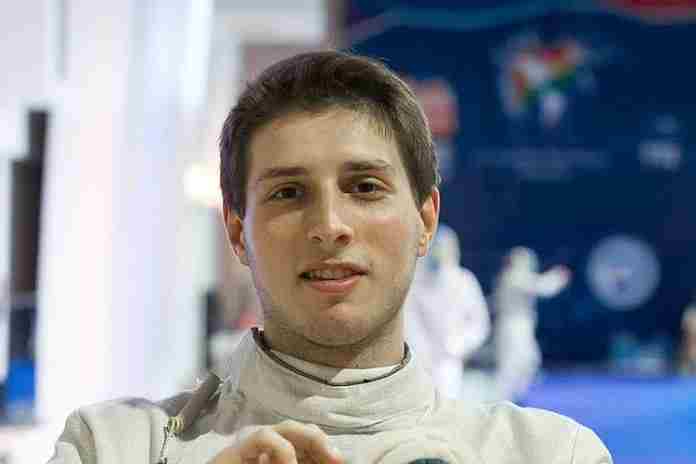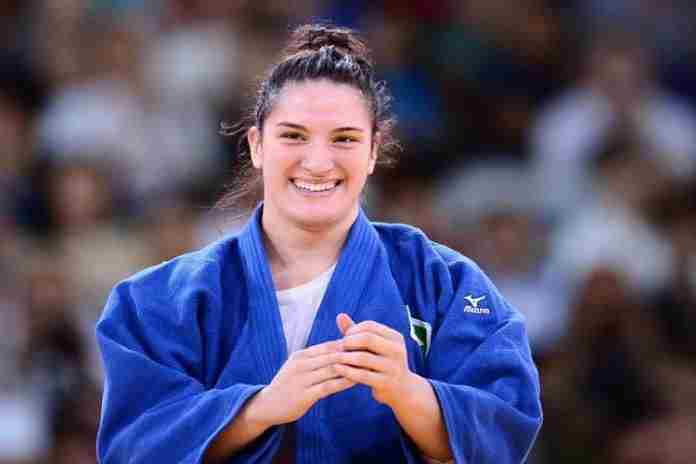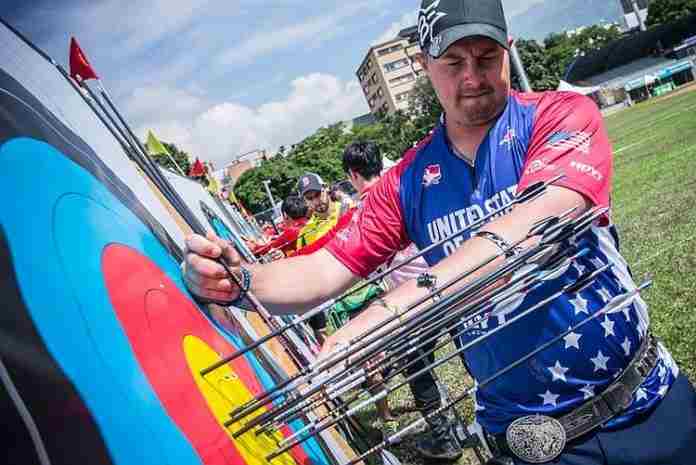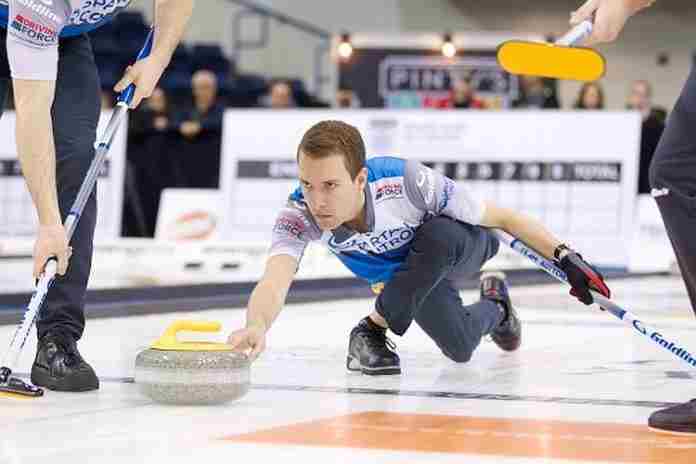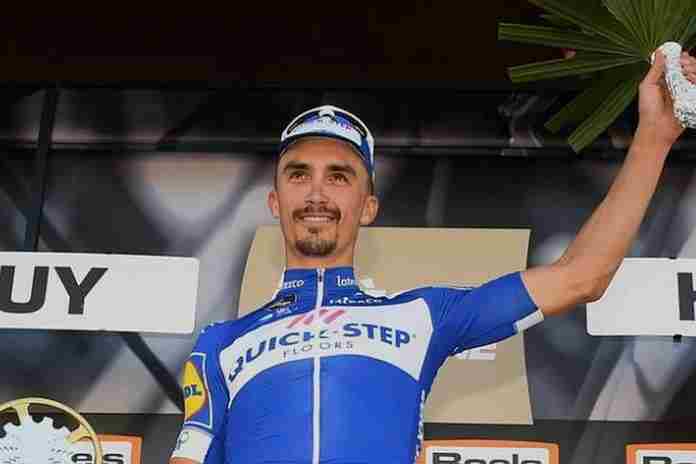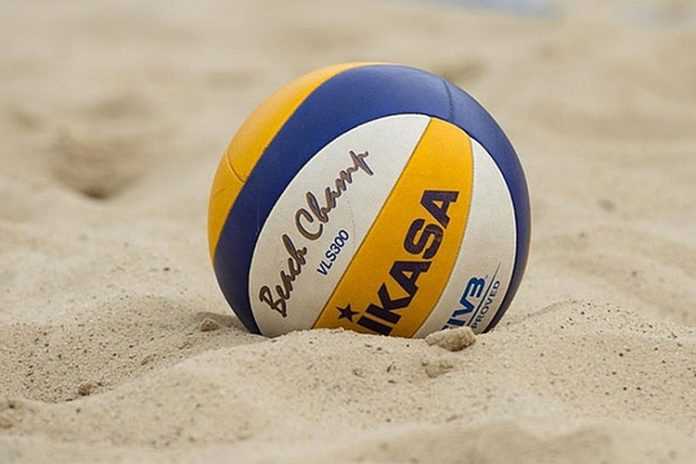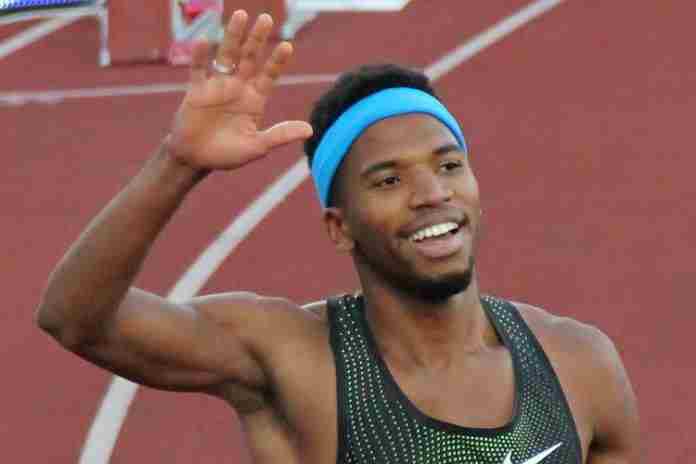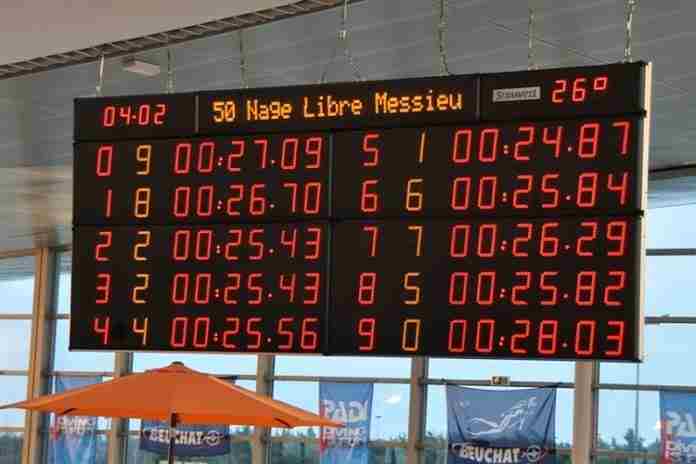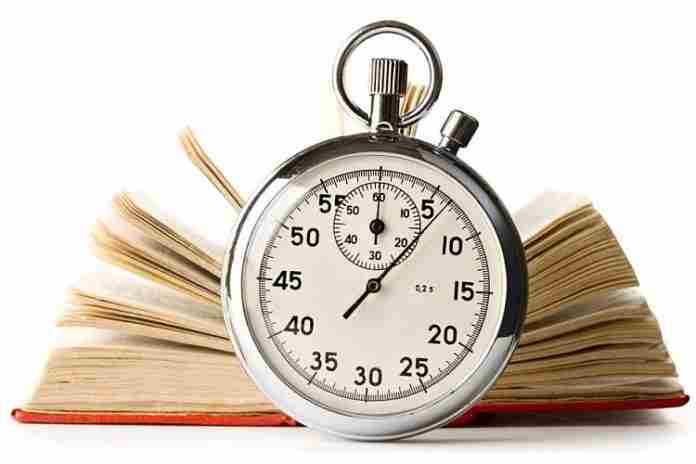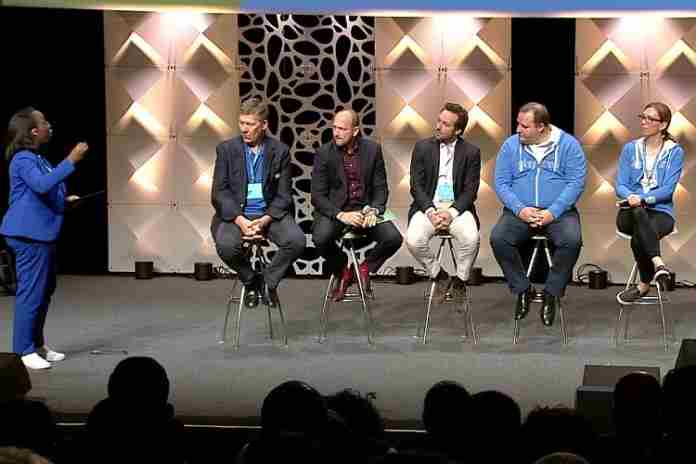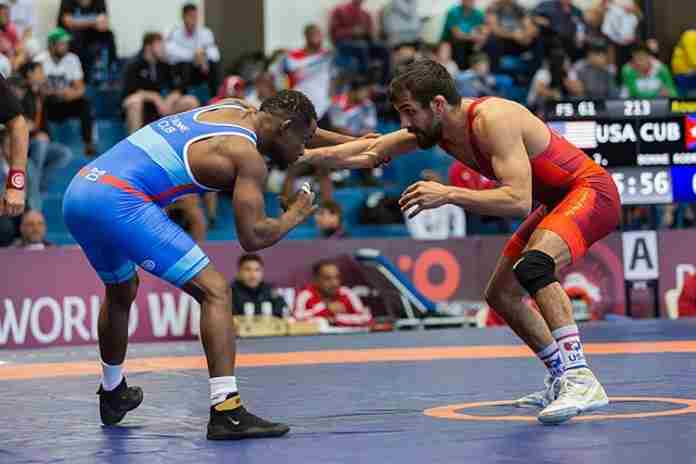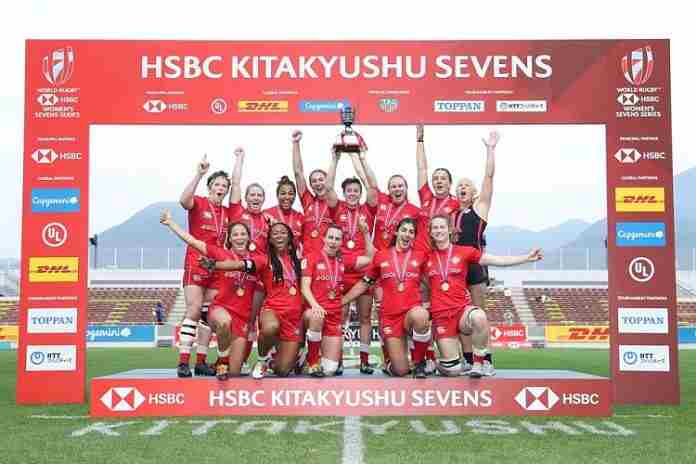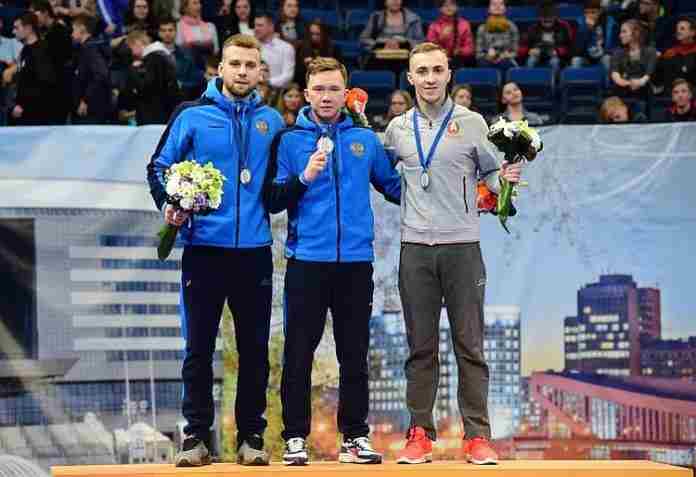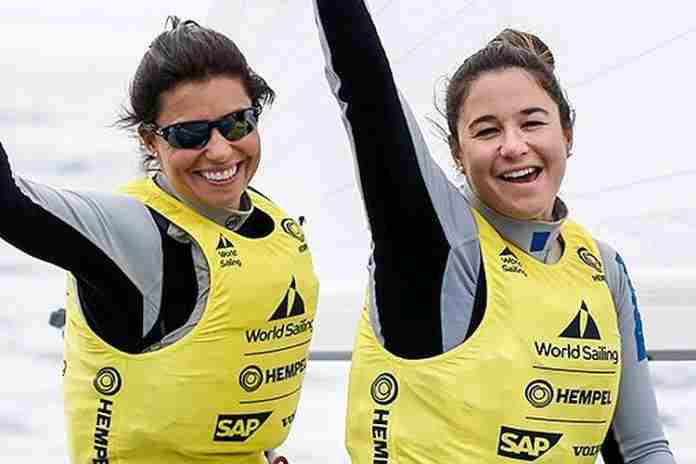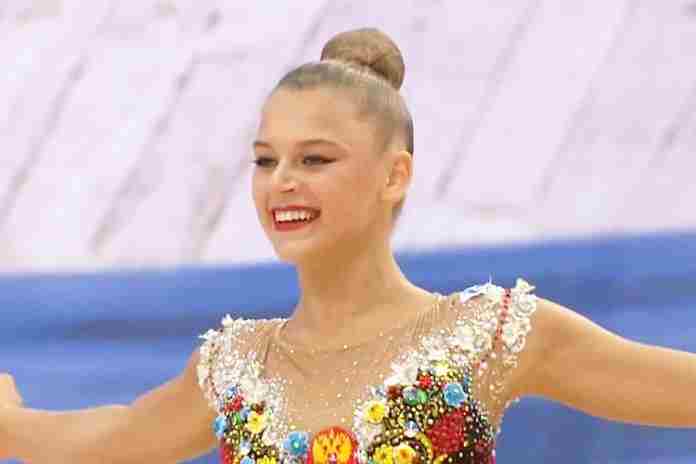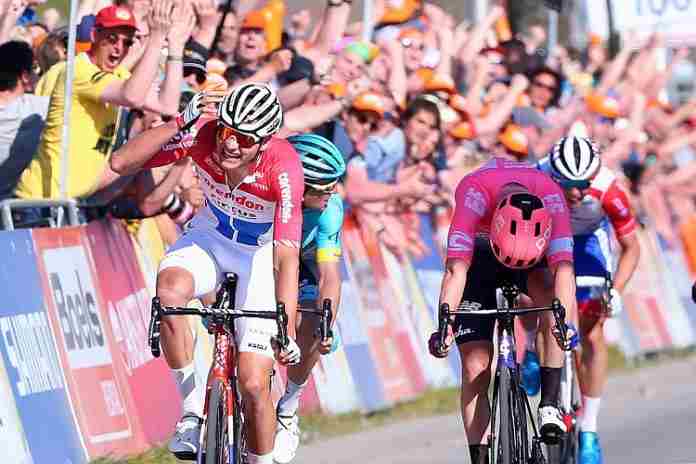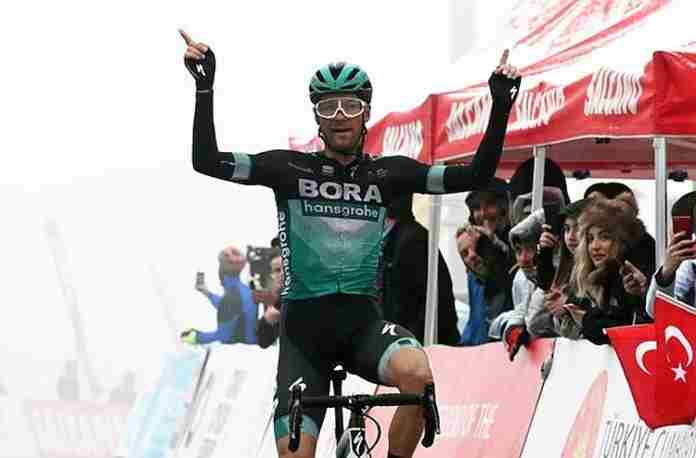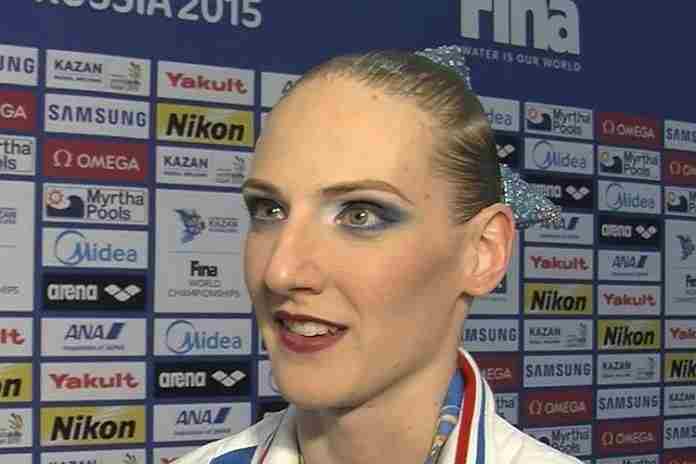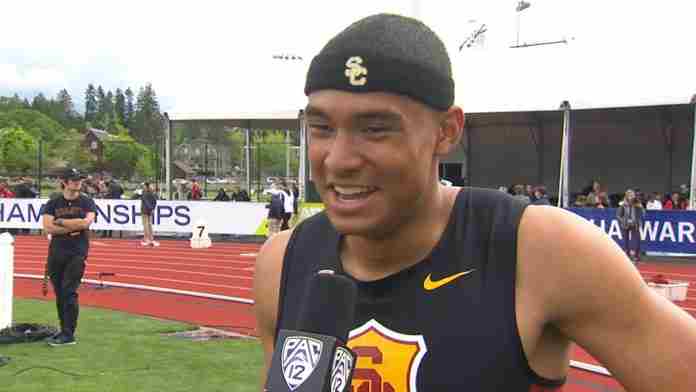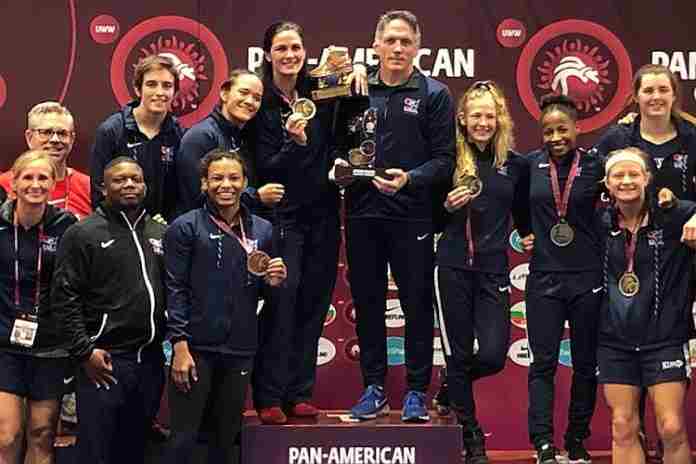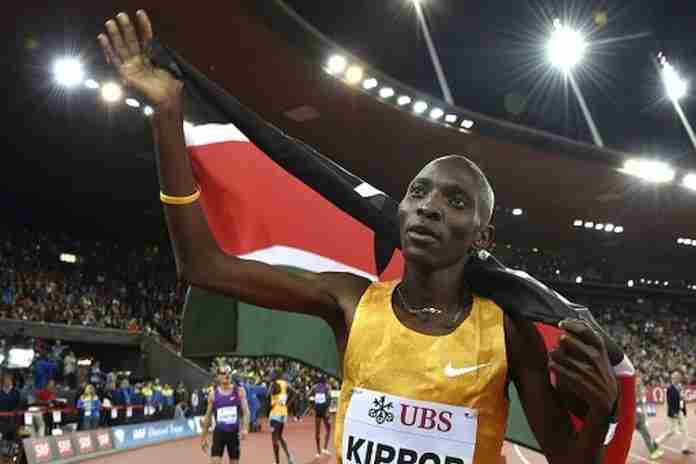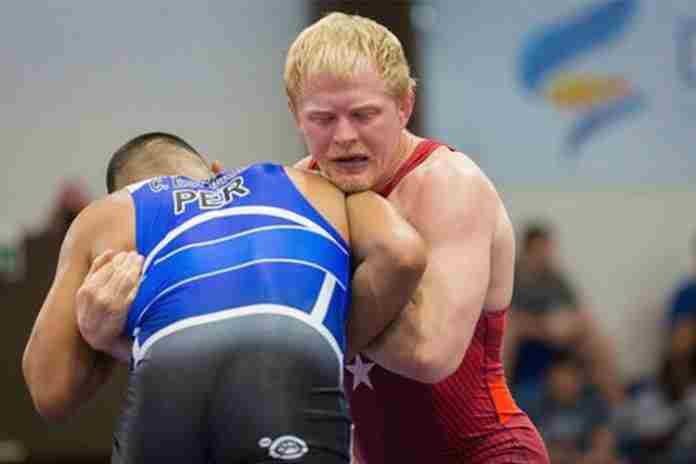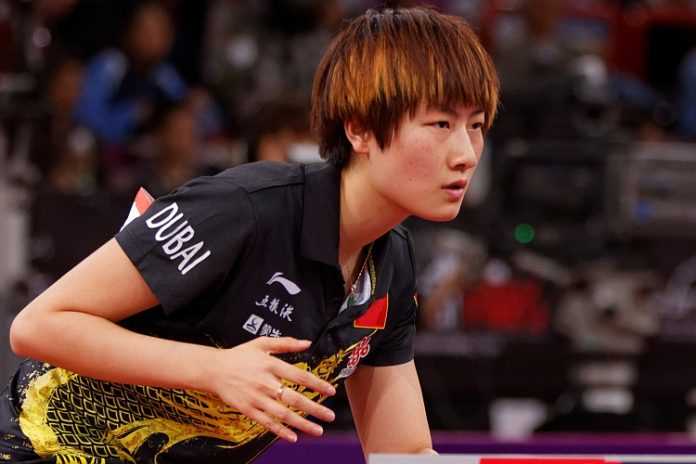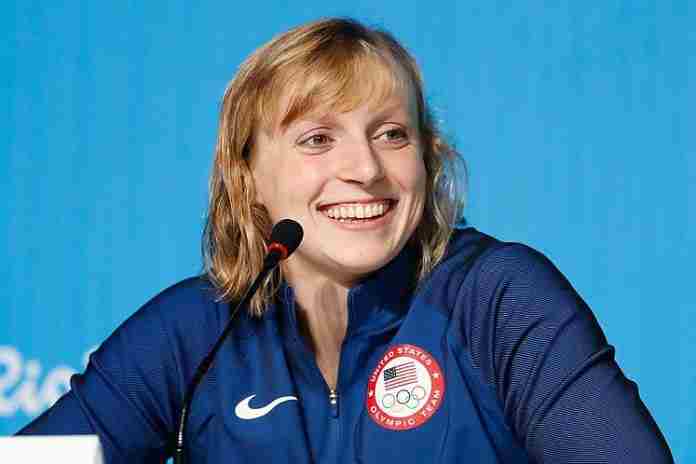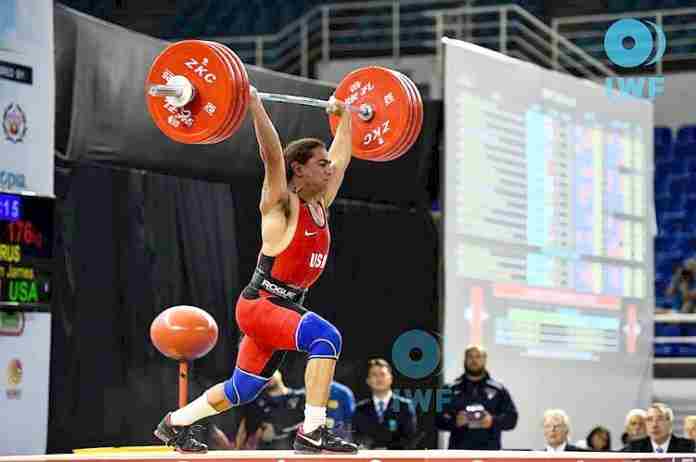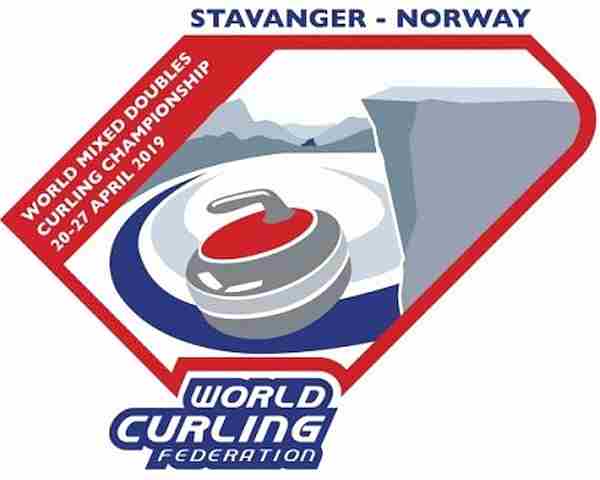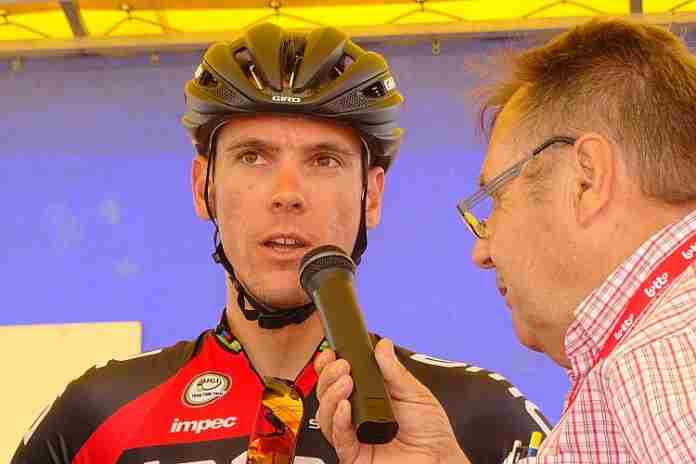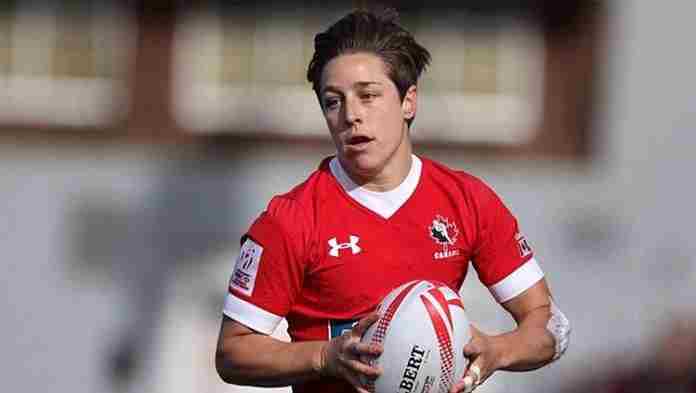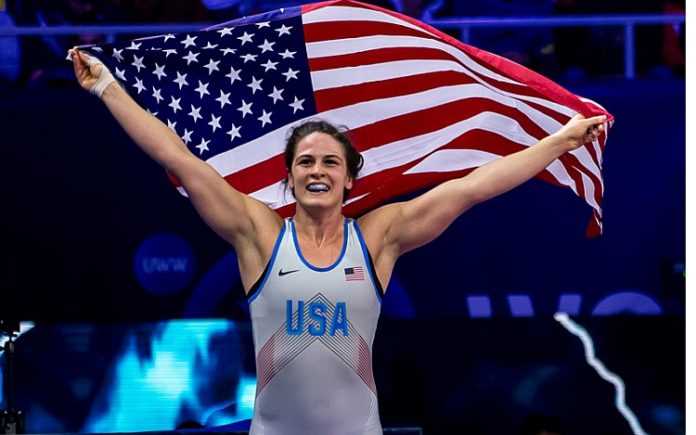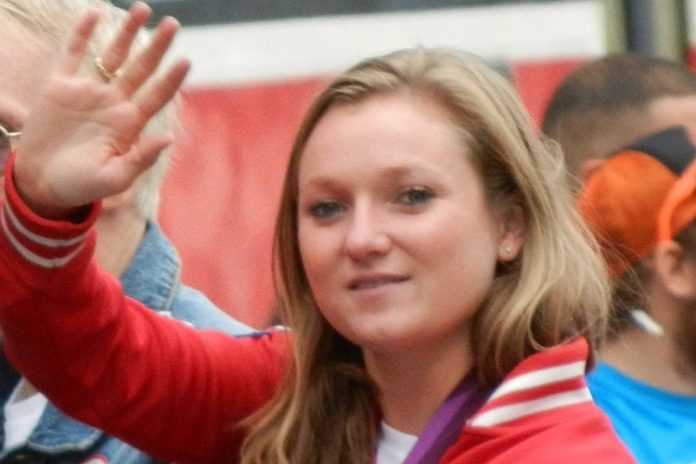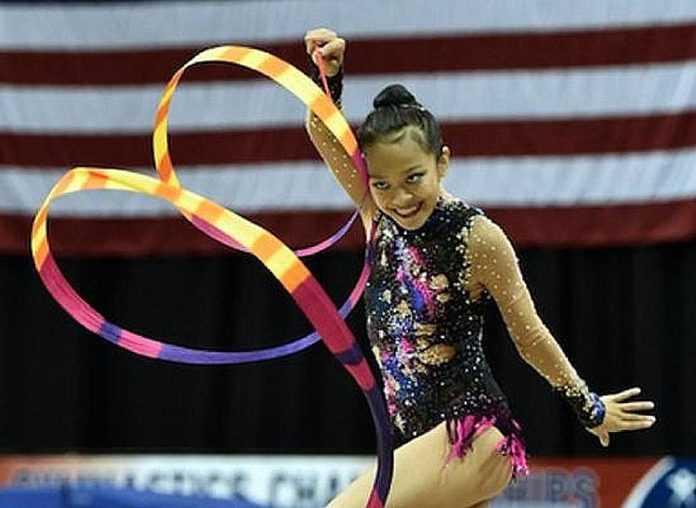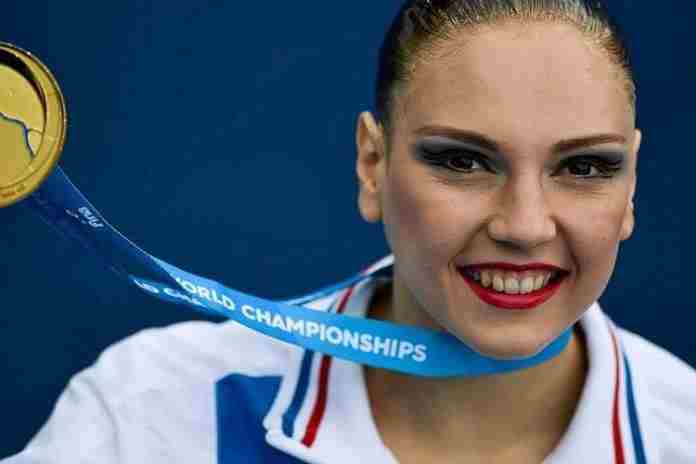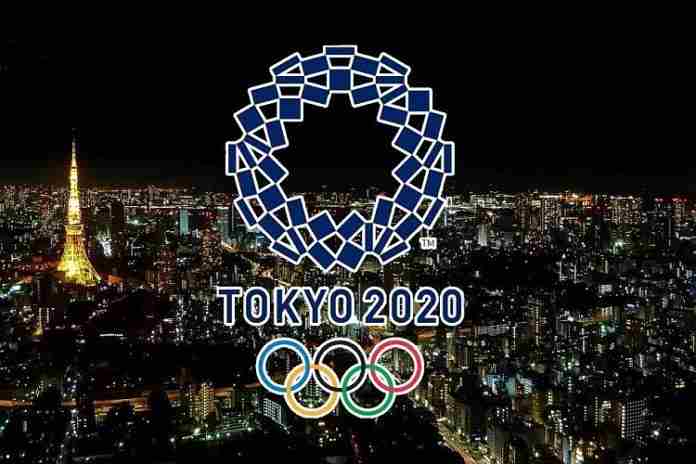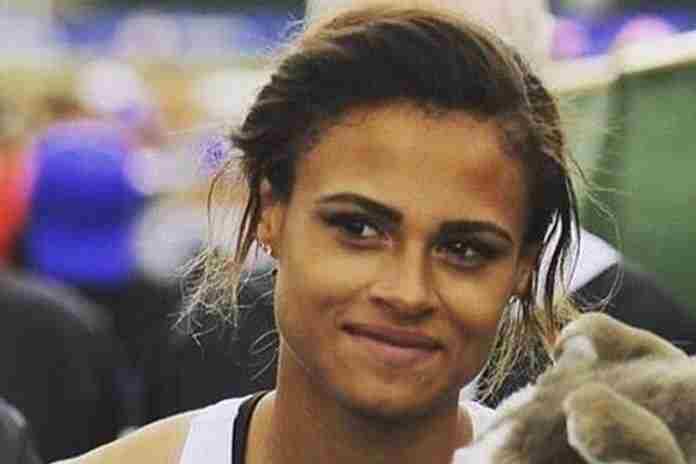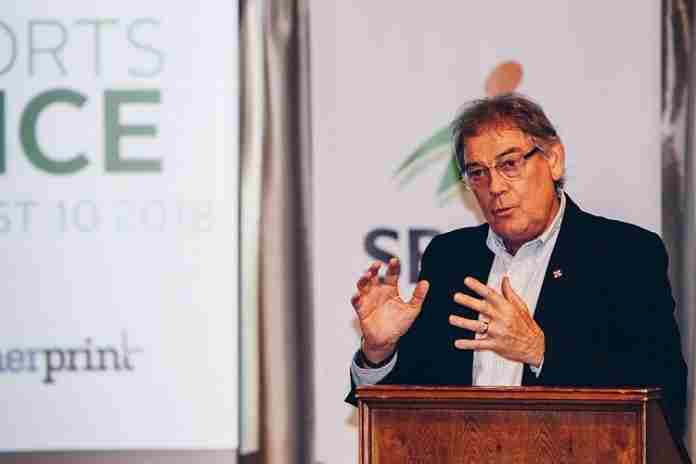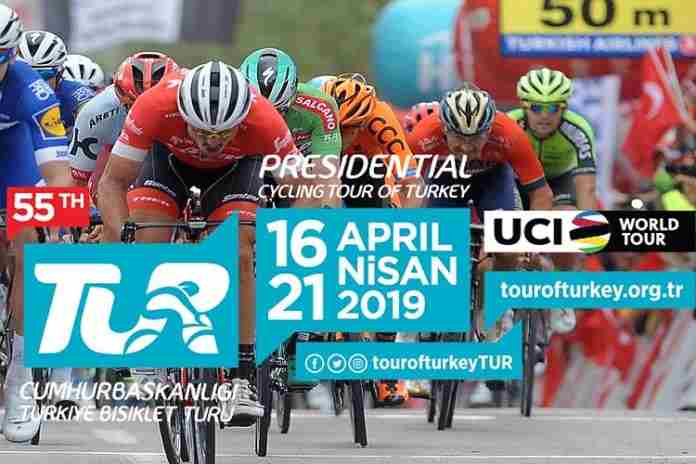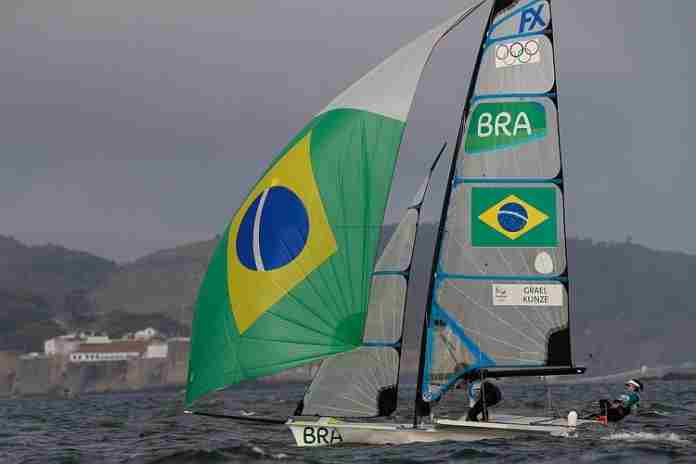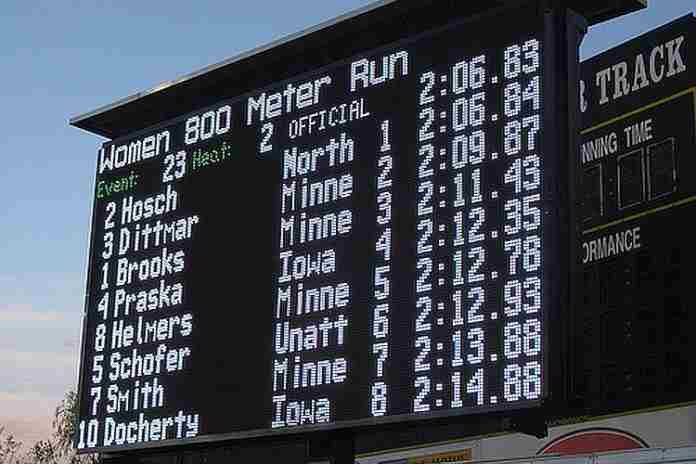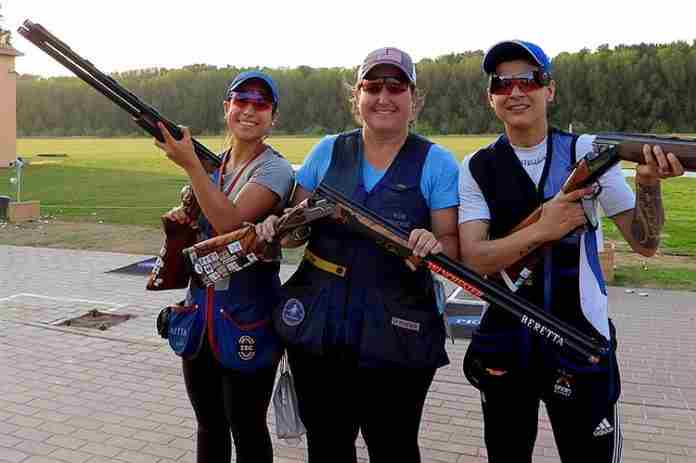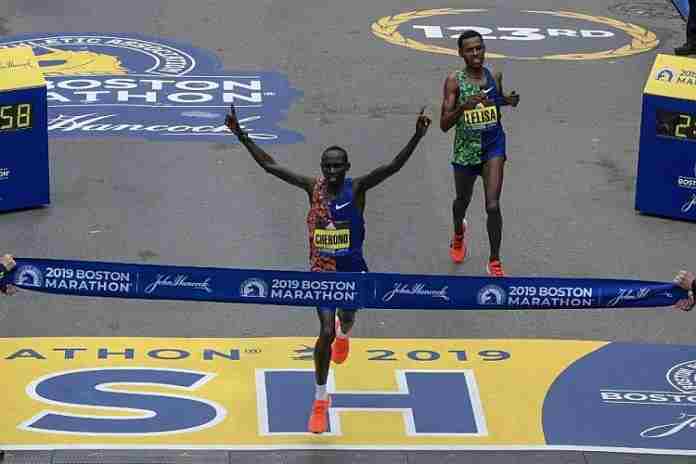“Having finals in the morning, as requested by the International Olympic Committee, will enhance the visibility of athletics across all time zones.”
That comment from IAAF Competitions Director Paul Hardy sums up the news from the release of the session-by-session schedule by the Tokyo 2020 Olympic organizing committee, with all of the swimming finals in the morning and several track & field finals moved from the evening sessions to the morning and early afternoon sessions.
There really isn’t any mystery to why the schedules were arranged this way, and it has mostly to do with four time zones: Eastern, Central, Mountain and Pacific.
The IOC just completed its ninth International Athletes Forum, where the athletes “emphasised the need to continue and strengthen” – according to the event’s final declaration – “the solidarity funding model,” meaning continued funding by the IOC to the National Olympic Committees and International Federations instead of directly to athletes in the form of prize money, or other direct support.
During the same sessions, the IOC presenters also underscored the need to protect the revenue sources that have made the Olympic Movement so wealthy and that’s television rights sales, accounting for 73% of all IOC revenue. And the IOC’s biggest customer – by far – is NBC, which is in the midst of a $12.13 billion agreement for the 2014-2032 Olympic and Winter Games.
And since Tokyo is 13 hours ahead of New York, in order to show the Tokyo Games to the U.S. audience in prime time, you need morning finals.
Is this a big deal? It will be to some, but the reality is that if you accept this amount of money from the U.S. broadcaster, you have to make some concessions to help them make money as well. And this is hardly a new concept for Olympic Games held in Asia. There were morning finals in swimming and track in the 1988 Games in Seoul (KOR) and in the 2008 Games in Beijing (CHN), Michael Phelps managed to win eight gold medals in swimming.
From a competitive standpoint, it’s equal for everyone, and the continuing concern over Tokyo’s heat in the summer makes early-morning starts for events like the marathons and walks quite sensible.
So much for the politics. What got moved where?
● 26 July: Sunday
The swimming finals are scheduled for 10:30 a.m. to 12:30 p.m. for the men’s 400 m Free, 400 m Medley, women’s 400 m Medley and women’s 4×100 m Free Relay. The evening heats aren’t until 7:00 p.m. The surfing competition begins at 7:00 a.m.
● 27 July: Monday
More swimming from 10:30 a.m. to 12:30 p.m. for the women’s 400 m Free and 100 m Fly, the men’s 100 m Breast final and the men’s 4×100 m Free Relay. There are preliminary basketball games as early as 10 a.m.-noon at the Saitama Super Arena; look for the U.S. men and women to be scheduled into some of those slots. The gymnastics men’s team final is at 7:00 p.m. in the evening, or 6 a.m. New York time. The men’s triathlon starts at 7:30 a.m., hardly unusual.
● 28 July: Tuesday
Swimming is at 10:30 a.m., with the men’s 200 m Free and 100 m Back finals, and the women’s 100 m Back and 100 m Breast finals. The women’s gymnastics team event is at 7:45 p.m., or 6:45 a.m. in New York. The women’s triathlon starts at 7:30 a.m.
● 29 July: Wednesday
Same 10:30 a.m. start for the swimmers, in the men’s 200 m Fly and 4×200 m Free Relay, and the women’s 200 m Free, 1,500 Free (both events that Katie Ledecky could swim in), 200 m Medley. The men’s gymnastics All-Around starts at 7:15 p.m., or 6:15 a.m. in New York.
● 30 July: Thursday
Swimming again from 10:30 a.m., with the men’s 100 m and 800 m Free finals, 200 Breast final and the women’s 200 m Fly and 4×200 m Free finals. The women’s gymnastics All-Around is at 7:50 p.m., or 6:50 a.m. in New York.
● 31 July: Friday
Same time, but a shorter swim program, with the men’s 200 m Back and 200 m Medley finals, and the women’s 100 m Free and 200 m Breast finals. Track & field starts on this day, with no morning finals in the stadium (the men’s 20 km Walk is in the morning), but the men’s 10,000 m in the evening to avoid the heat; that session runs from 7:00-9:10 p.m.
● 1 August: Saturday
Swimming has morning finals for the men’s 100 m Fly and women’s 800 m Free and 200 m Back, plus the silly Mixed 4×100 m Medley Relay. Track has only qualifying in the morning, with the women’s 100 m final, the men’s discus final and the goofy mixed 4×400 m relay final in the evening (with heats the prior evening).
● 2 August: Sunday
Swimming finally ends, with the men’s 50 m Free and 1,500 m Free finals, the women’s 50 m Free final and the men’s and women’s 4×100 m Medley relays. The women’s marathon will be held starting at 6:00 a.m., and the women’s shot final will be in the morning. The men’s 100 m final and high jump final and women’s triple jump are in the evening. The first of two nights of gymnastics apparatus finals starts at 5:00 p.m., or 4:00 a.m. in New York. Maybe NBC will have a replay a few hours later.
● 3 August: Monday
The track morning session starts at 9:00 a.m. – 8 p.m. in the Eastern time zone – and has the men’s long jump final and the women’s 100 m Hurdles final, at just before noon. The women’s discus and 5,000 m, and men’s Steeplechase are at night, finishing at 9 a.m. New York time. Artistic gymnastics continues with the apparatus finals, starting at 5:00 p.m., or 4:00 a.m. EDT.
● 4 August: Tuesday
The women’s long jump final is in the morning session as is the men’s 400 m hurdles final, which was also in the morning in Rio de Janeiro. This session starts at 9:00 a.m., or 8:00 p.m. in the eastern U.S. The men’s vault and women’s 200 m, 800 m and hammer are in the evening. Gymnastics finally ends with the last of the apparatus finals, starting once again at 5:00 p.m. (or 4:00 a.m. in the eastern U.S.).
● 5 August: Wednesday
The decathlon and heptathlon start on this day and run from 9 a.m. to 10 p.m. The women’s 400 m hurdles final is in the morning; the men’s 200 m, 800 m and hammer finals, and the women’s Steeple final is in the evening.
● 6 August: Thursday
The dec and hep conclude, but the men’s triple jump and shot put finals are in the morning, along with men’s 110 m hurdles final. The men’s 400 m and women’s pole vault are in the evening. In basketball, the men’s semis are at 1:15 p.m. and 8:00 p.m. local time; if the U.S. plays in the early game, it would start at 12:15 a.m. Eastern time. The late game starts at 7 a.m. Eastern time. Which is better for NBC?
● 7 August: Friday
Only a single session in track, starting at 8:00 p.m. (7:00 a.m. EDT in the U.S.), with the men’s 5,000 m and 4×100 m, plus the women’s 400 m, 1,500 m, 4×100 m and javelin finals. The women’s 20 km walk will be held in the morning, starting at 6:00 a.m. to beat the heat. The basketball women’s semis are also at 1:15 p.m. and 8:00 p.m. Tokyo time.
● 8 August: Saturday
One session for track, excepting the men’s 50 km walk, starting at 5:30 a.m. The evening session has the men’s 1,500 m and 4×400 m and javelin finals, and the women’s high jump, 10,000 m and 4×400 m finals. In basketball, the folks in Tokyo expect the U.S. men to be playing for gold, as that game starts at 11:30 a.m., or 10:30 p.m. in New York. The bronze medal game is in the evening.
● 9 August: Sunday
The men’s marathon starts at 6 a.m., and the women’s gold-medal game in basketball is at 11:30 a.m. (or 10:30 p.m. in New York). The Closing Ceremony is at 8:00 p.m. local time.
So how much changed? Swimming was extended by a day, which will help with recovery for those swimming in a zillion events (like Ledecky and sprinter Caeleb Dressel). There is no rest day in track, so the schedule is also well distributed there. The 110/100 m hurdles and 400 m hurdles, long jumps and shot puts, and men’s triple jump, are in the morning, but the sprints and middle distances are in the evening sessions, which will be important for attendance.
The truth is that swimmers are quite used to morning heats and if Phelps could win eight golds with morning racing, the 2020 swimmers should be able to adapt pretty well. At least for American track athletes, morning competitions are fairly common in collegiate meets and Kerron Clement won the 400 m hurdles in Rio at noon. They’ll probably be fine.
Those who worried about the influence of U.S. interests on the schedule should be relieved that the impact was not too great. And, especially in track, the morning sessions needed to have some added attractions to help avoid the tens of thousands of empty seats in Rio.
There should be no such problems in Tokyo.
Rich Perelman
Editor





















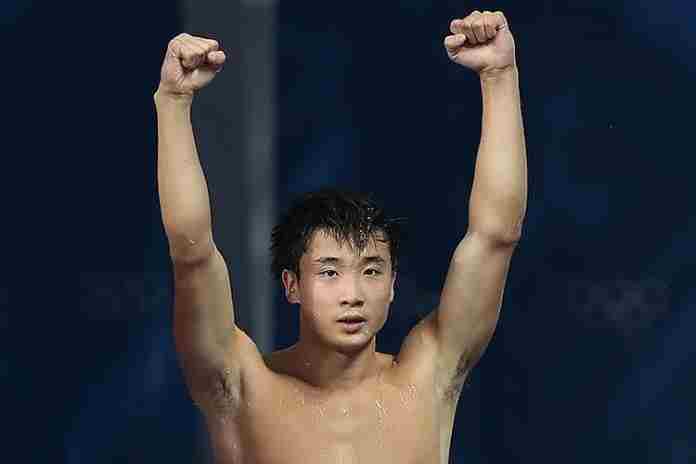
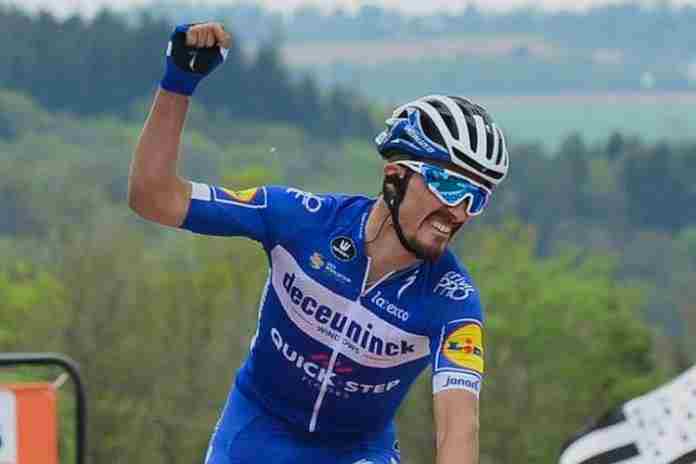
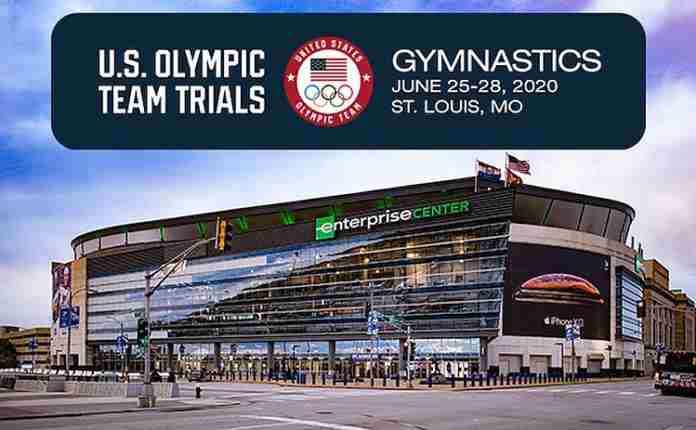

 Words like “visionary” and “unprecedented” and “revolutionary” have been thrown about over the past week about the
Words like “visionary” and “unprecedented” and “revolutionary” have been thrown about over the past week about the 